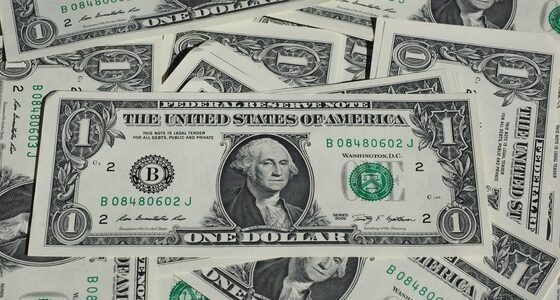
The dollar is getting cheaper against the euro and the pound sterling and is getting stronger against the yen.
Signals of a weakening U.S. economy and recent comments from Federal Reserve (Fed) leaders give investors hope that the U.S. Central Bank will continue to slow the pace of raising the benchmark interest rate.
Federal Reserve Board of Governors member Christopher Waller said last Friday that the central bank has already raised the rate substantially – and “it’s time to slow down, but not stop” its hike.
“I am in favor of a 25 basis point (bps) rate hike at this point in the Fed’s upcoming meeting,” Waller said during a speech at the U.S. Council on Foreign Relations.
“We still have a long way to go to get inflation back to the 2% target, and I believe I will support further tightening of monetary policy,” Waller was quoted by Market Watch.
Federal Reserve Bank of Kansas City (FRB) President Esther George told Bloomberg TV that while inflation has slowed, it is still well above the target.
“To stay true to our price stability mandate, we need to be a little more patient,” she said.
In December, the Fed increased the rate by 50 bps. – To 4,25-4,5% per annum after its rise by 75 bp at the end of the previous four meetings, and the market is waiting for a further slowdown in policy tightening, taking into account signals of weakening inflation and economic activity in the U.S.
The European Central Bank (ECB) may have to continue raising the rate at a rate of 50 bp in both February and March, ECB Governing Council member and Dutch central bank governor Klaas Knott told the Dutch broadcaster WNL. According to Knott, the rate hike will continue in the coming months.
In a separate interview he gave to the Italian newspaper La Stampa, Knott said that it was “too early” to talk about the possibility of a slowdown in the ECB’s rate increases by the summer.
The ECB raised key interest rates by a total of 250 bps last year. Experts polled by Bloomberg expect the ECB’s deposit rate, currently at 2 percent, to eventually rise to 3.25 percent.
The ICE-calculated index showing the dollar’s dynamics against six currencies (euro, Swiss franc, yen, Canadian dollar, pound sterling and Swedish krona) lost 0.22% in trading Monday, while the broader WSJ Dollar Index lost 0.09%.
The euro/dollar pair is trading at $1.0893 as of 8:15 a.m., up from $1.0857 at market close on Friday.
The pound/dollar exchange rate rose to $1.2415 from $1.2394 the day before.
The dollar’s value against the yen is 129.92 yen against 129.5 yen in the previous session.